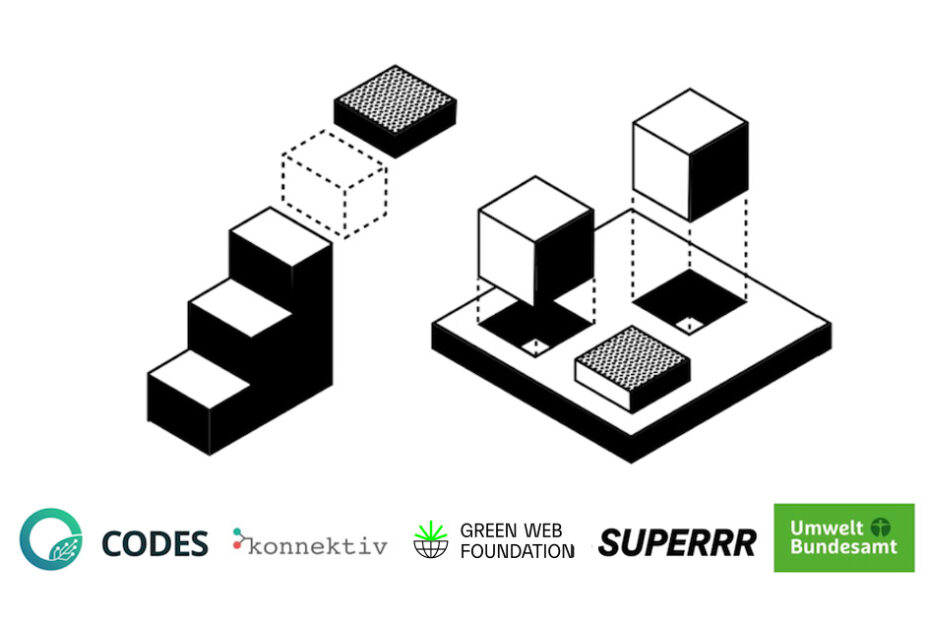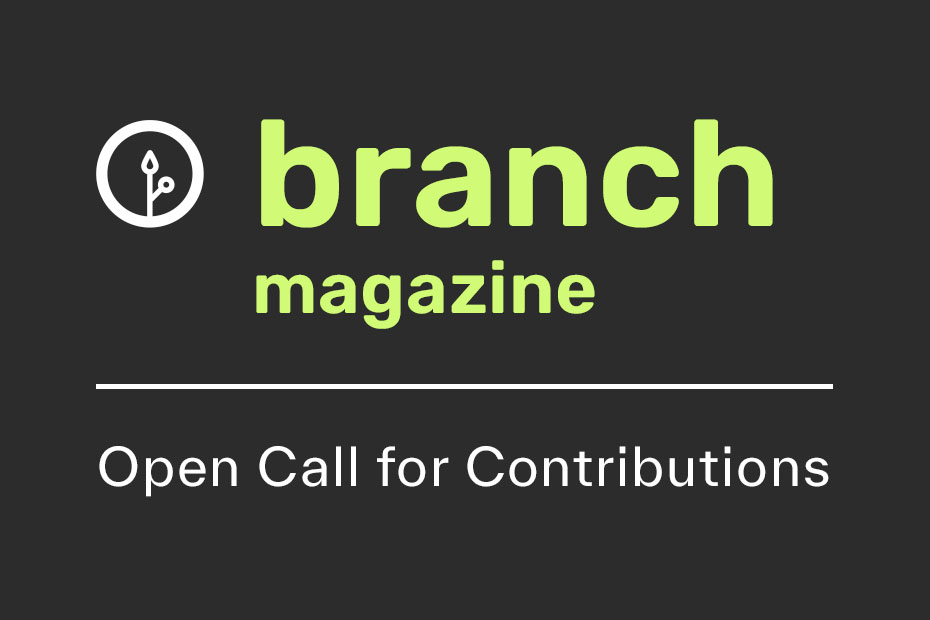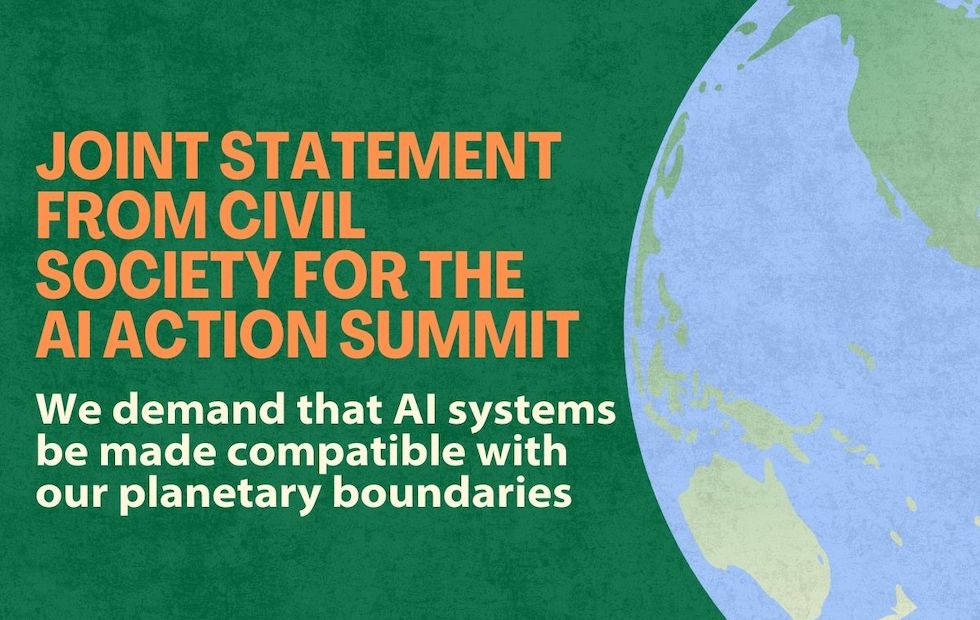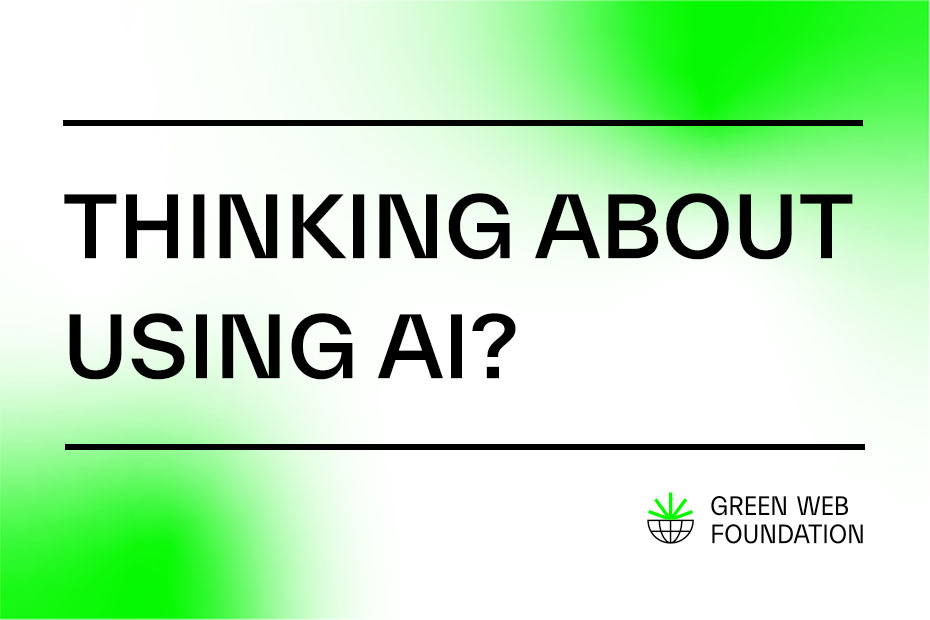Over the year of 2024, we provided strategic consultancy for the Coalition for Digital Environmental Sustainability (CODES) in collaboration with Konnektiv and Superrr Lab. The goal of this project was to guide policymakers, industry leaders and civil society to identify leverage points for integrating sustainability and digital transformation into global governance. In this post, we share some key take aways from the project.
What is CODES?
The Coalition for Digital Environmental Sustainability (CODES) was founded in 2021, in response to the UN Secretary-General’s roadmap for digital cooperation. It consists of different members and functions as a network between governments, researchers, and civil society working on digital sustainability and global governance. The Umweltbundesamt (German Environment Agency), one of the coalition members, took the lead role for CODES and worked in close collaboration with us throughout the entire project.
What did we do?
Together with Konnektiv and Superrr Lab, we developed an in-depth analysis of sustainable digital transformation, digital infrastructure, and global policy interventions on a global scale in order to create a more equitable and sustainable digital future for all. Together we undertook a variety of activities. We did research, workshops and conducted futuring methods; we wrote policy papers and presented the findings at different events; and we did a mapping of global governance foras and their work on digital sustainability.
You can find the four policy papers produced as part of this project on our CODES case study page.
It was no easy task to distill the complex trends of digitalisation and the green transition and to advocate for a public interest perspective grounded in the principles of justice and sustainability. The work with the Green Web Foundation and the other partners in this project, Konnektiv and Superrr Lab, meaningfully contributed to our coalition’s understanding of the issues and informed our strategies for action. We can highly recommend working with them.
Marcel Dorsch & Dirk Osiek, Umweltbundesamt
Our three key take aways of this project
1. In global governance fora such as the UN, digital tranformation and sustainability are not interlinked enough
By researching current global governance initiatives at the intersection of digital transformation and sustainability, we found that the two topics still often run in parallel and are not interlinked (see, for example, the findings of the first policy paper). This means that there is still a lot of potential in global governance fora such as the UN or the OECD to bring digital transformation and sustainability closer together — and to understand the potentials and pitfalls of the intersection on a global scale.
2. There is a lack of global research, data, transparency, and sustainability reporting
The globalised nature of digital technologies and big tech companies makes it difficult to understand their global environmental impact. Difficulties come from understanding the environmental impact of data centres (eg. carbon emissions or water usage) to the complexity of the travel routes of e-waste. Global governance fora play a key role in advancing more research, data, transparency and sustainability reporting by putting ideas for regulation in place and forming networks across nation states.
3. There is a real danger of ‘technological solutionism’
Narratives around sustainable digital transformation often focus on making digital technologies more efficient, or showcasing how digital technologies can contribute to the sustainability goals. These narratives undermine the more complex issues at stake: fossil fuels of digital technologies, monopolisation of tech companies, or the resource consumption of data centres. Industry players are strong at shaping and supporting these narratives. Globalised efforts on regulation are urgently needed in order to avoid falling into the trap of technological solutionism.
Want to learn more?
We wrote a dedicated case study about the CODES project that outlines findings of each policy paper and the overall structure of the project. You can also download all the published policy papers there.
If you want to join CODES, you can get involved as an individual or join the coalition as an organisation.
If you would like to learn more about our consultancy services or get in touch to discuss your requirements, visit our commercial services page.



